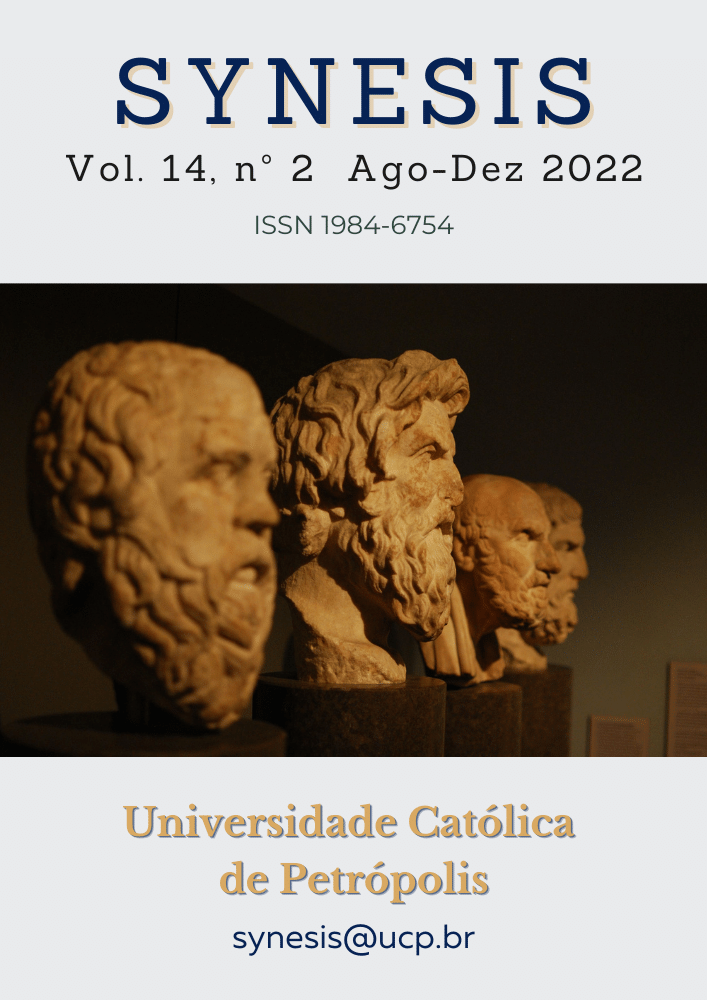Abstract
The Noble Quran was revealed in seven Ahruf (dialects) of recitations, which contains the seven standard modes of readings in the present day. However, there is a paucity of research into the connotations of different modes of Quranic recitations. As such, some grammarians tend to criticize certain recitations, perhaps due to their inadequate knowledge of Quranic exegesis. For this reason, there is an urgent need to conduct a systematic investigation to address the issue of misinterpretation of Quranic verses based on modes of recitations, especially Hafs and other forms of recitations. Therefore, this study aims to address the question of variations between two modes of Quranic recitations, Hafs and Nafi’, concerning addition and deduction in two selected chapters, Al-Fatihah (The Opening) and Al-Baqarah (The Cow) and their connotations. The study adopts an inductive-analytical approach in which Quranic verses from the selected chapters are analyzed to reach valid outcomes. The findings reveal that differences in Hafs and Nafi’ modes of recitations do not suggest contradiction but increase our understanding of the meanings of Quranic verses with multiple expressions. The expressions fulfill the basic requirement for the validity of regular modes of recitations. This knowledge helps in exegeses within Quranic verses and reveals the inimitability of the Noble Quran. It is envisaged that this study could advance our understanding of how the variety of recitations can help in forming accurate interpretations of Quranic verses.
References
The Noble Quran
Al-Abyari, I. I. (1405). Al-Mausu’ah al-Qur'aniyyah (Quranic Encyclopedia). Beirut: Mu’assah al-Sijil al-Arab.
Al-Ahwazi, A. A. I. Y. (2002). Al-Wajeez fi Sharhi al-Qira’at al-Thamaniyah li Amsar al-Khamsah (A handbook for the explanation of the eight recitations by five Amsar reciters). Beirut: Daar al-Gharb al-Islami.
Al-Bukhari, M. I. I. A. (1987). Al-Jami’ Al-Musnad Al-Sahih Al-Mukhtasar min Umur Rasul al-Allah Sallahu Alaihi Wa Sallam wa Sunanihi wa Ayyamihi (A collection of authentic and solid summary from the affairs, tradition and days of the Prophet peace be upon him). Beirut: Dar Ibn Kathir
ِAl-Maqdisi, A. M. M. A. (2009). Fath al-Rahman fi Tafseer al-Quran (The opening of al-Rahman in the exegeses of the Quran). Beirut: Dar Al-Nawader.
Al-Nayrabani, A. (2006). Al-Jawanib al-Sawtiyyah fi Kutub al-Ihtijaj lil Qira’at. (Pronunciation aspect in the books of proof for recitations). Dimashq: Dar al-Ghawthani li al-Dirasaat al-Quraniyyah.
Al-Samira’I, I. S. S (2005). Ikhtilaf fi al-Qira’at al-Qur'aniyyah wa Athrihi fi al-Ittisa’ al-Ma’ani: Dirasat wa Abhath fi al-Quran wa U’lumihi (Difference in Quranic recitations and its influence on the connotations. Studies and research in Quran and its sciences). Journal of Tikrit University for the Humanities, 12(5), 59-90.
Al-Suyudi, A. A. J. (1974). Al-Itqan fi Ulum al-Quran (proficiency in Quranic sciences). Al-Qahirah: Al-Hai’ah al-Misriyyah Al-Ammah Lil-Kitab.
Al-Thulaia, H. A. A. (2000). Qurra al-Sahabah al-Ladhina Talaqqau an al-Nabiy Sallallahu Alaihi Wa Sallam Wa Wasalana Isnaduhum (Reciters among the companions who reported from the Prophet peace be upon him and their chains of transmission has reached us). Hikmah: International Journal of Islamic Studies and Human Sciences, 3(4), 271-297.
Gasson, S. (2004). Rigor in grounded theory research: An interpretive perspective on generating theory from qualitative field studies. In The handbook of information systems research (pp. 79-102). IGI Global.
Ibn Al-Jauzi, J. A. M. (1422). Zaad al-Masir fi I’lm al-Tafsir (A great direction in the science of exegesis). Beirut: Daar al-Kutub al-Arabi.
Ibn Al-Jazari, S. M. M. Y. (1380). Ghayah al-Nihayah fi Tabaqat al-Qurra (The ultimate end in the categories of reciters). Beirut: Dar Al-Kutub Al-Ilmiyah
Ibn Khalawaih, A. M. A. (1401). Al-Hujjah fi al-Qira’at al-Sab’a (A proof in the seven modes of recitations). Beirut: Dar Al-Shuruq.
Ibn Zanjalah, A. M. A (n.d.). Hujjah al-Qira’at (A proof for the modes of recitations). El-Madina El-Monawara, Al Munirah: Dar El Resala El Islameya.
Ismail, M. B. (1999). Dirasat fi Ulum al-Quran (Studies in the sciences of the Qur'an). Amman: Dar Al-Manar.
Muhammad, A. H., & Hamzah, A. (2019). Taujeeh al-Qira’at, Ta’rifuhu. Asma’uhu, Musdalahatunu, Masadiruhu: Dirasah Istiqra'iyah Tahliliyyah (meaning of Quranic recitations, definitions, names, terminologies, and sources: An inductive analytical study). Journal of the Faculty of Fundamentals of Religion and Da’wah, Al-Azhar University, 31(3), 2199-2234
Nabeel, M. (2021). Qira’ah Jadidah li Asbab al-Da’an fi Qira’at al-Qura’niyya (A new reading of the reasons for the criticism of Quranic recitations). Almi’yaar Journal, 25(62), 13-30.
Thomas, D. R. (2006). A general inductive approach for analyzing qualitative evaluation data. American Journal of Evaluation, 27(2), 237-246.

This work is licensed under a Creative Commons Attribution-NonCommercial-NoDerivatives 4.0 International License.
Copyright (c) 2022 Synesis (ISSN 1984-6754)

